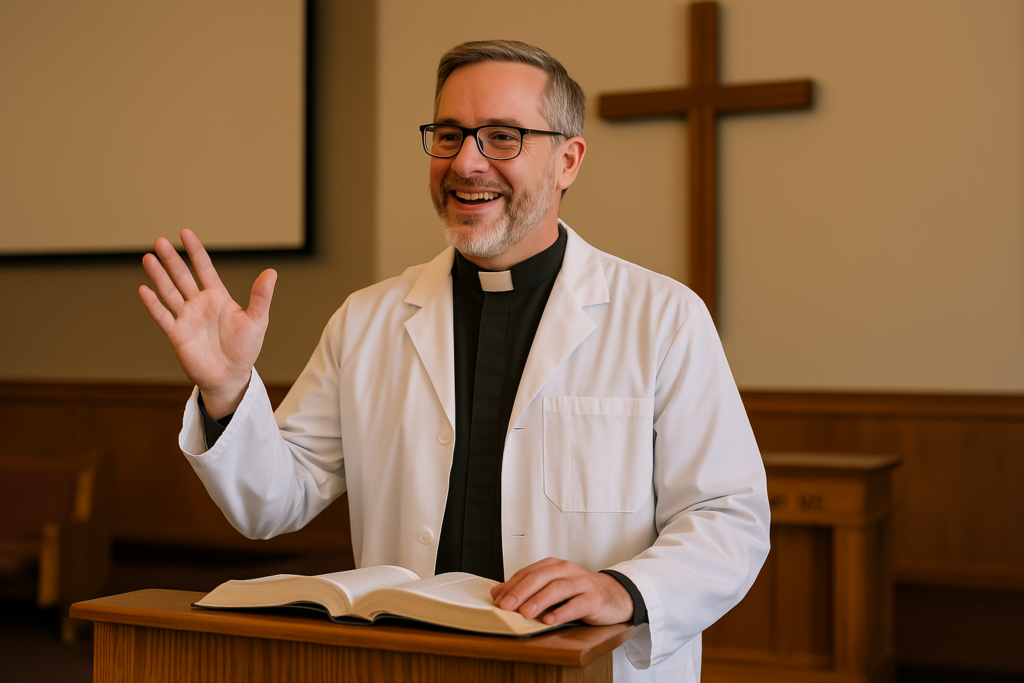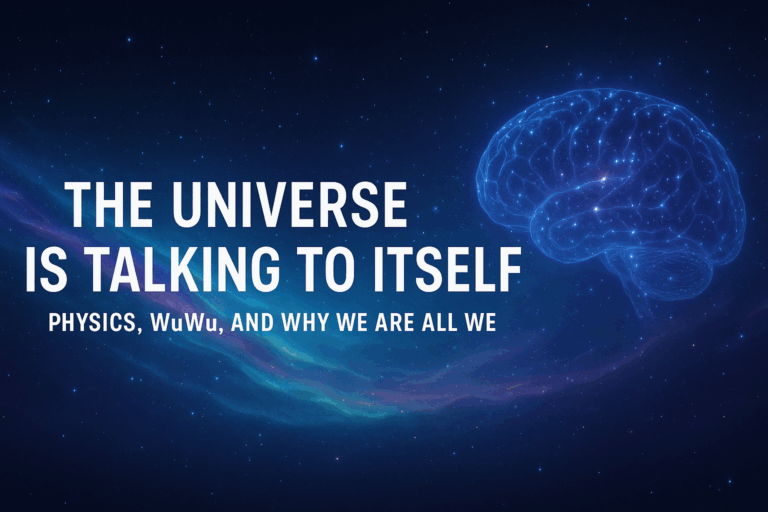
By Daniel Conderman
“The truth doesn’t mind being questioned. A lie does.”
Let’s be real: if society collapses — and let’s admit it, the seams are looking a little frayed — the last thing we need is for a guy with a book to tell everyone to ignore thermodynamics because he found a confusing passage in Leviticus.
History has a lesson here. And that lesson is:
When you sideline science in favor of superstition, you lose centuries.
We’ve done this before, and the receipts are brutal.
🧱 The Great Setback: How the Church Sat on Science
👨🏫 Ptolemy and Eratosthenes Had It Figured Out
Let’s rewind. In 240 BCE, Eratosthenes used a stick, a well, and basic geometry to calculate the Earth’s circumference — and he was accurate within 1%. A few hundred years later, Ptolemy gave us longitude and latitude, planetary models, and a massive list of mapped locations. The Greeks knew the Earth was round. They were doing astronomy, geometry, and early physics.
Then came the collapse of the Roman Empire… and the rise of the Church as science’s landlord.
Instead of fostering this legacy, religious authorities often guarded knowledge like a jealous dragon, burning books, banning studies, and calling anything unfamiliar heresy.
🔥 “The telescope was banned before it was invented.” — Probably Someone in 1237
🚫 Galileo vs. The Church (and Logic)
Galileo Galilei turned his telescope skyward in the early 1600s and confirmed what Copernicus had theorized: the Earth orbits the sun, not the other way around.
The Church’s response?
“We looked in the Bible. You’re under arrest.”
In 1633, Galileo was convicted of heresy and forced to recant under threat of torture. He spent the rest of his life under house arrest.
That one decision delayed astronomy, physics, and scientific progress in Europe for generations. Europe literally stared at the heavens and said, “Don’t trust your eyes. Trust us.”
🔥 Steam-Powered Regret: The Hero Who Was 1,700 Years Too Early
Let’s talk about Hero of Alexandria, a Greek inventor around 50 CE. He made a device called the aeolipile — a steam-powered spinning ball that is, functionally, the world’s first steam engine.
Did the Romans build on this to create locomotives, industrial machines, or a railway empire?
Nope. They shrugged and went back to using slaves.
Imagine if the steam engine had caught on in the first century. We could’ve hit the Industrial Revolution a millennium earlier — maybe even launched a satellite by the year 1000. Instead, the knowledge was forgotten until James Watt rebooted the concept in 1765.
💭 “The Church didn’t just burn heretics. It burned blueprints.”
🧠 Science Survived Elsewhere — Until We Finally Noticed
While Europe simmered in theological dogma, Islamic scholars preserved and improved Greek science:
- Al-Khwarizmi developed algebra.
- Ibn Sina wrote the Canon of Medicine, used in Europe for centuries.
- Al-Biruni calculated the Earth’s radius with near-Eratosthenes precision.
And in China, engineers were creating seismographs, clockwork mechanisms, and sailing ships with watertight compartments. Meanwhile, European monks were debating how many angels could fit on a pinhead.
📚 “Science doesn’t need to be reinvented — just unchained.”
⚠️ So… If the Grid Falls, Don’t Fall for the Same Trap
In a post-collapse world, if someone shows you a telescope, microscope, or a steam engine prototype and your first thought is, “That’s not in the Bible,” pause.
Ask instead:
“Can it sterilize water? Can it grow food? Can it find my lost goat?”
Because we now know what happens when you trade test tubes for theology. We get a thousand years of stagnation, and we don’t have that kind of time anymore.
Sources:
- Eratosthenes’ Earth measurement: Encyclopedia Britannica
- Galileo’s trial: Stanford Encyclopedia of Philosophy
- Hero of Alexandria’s aeolipile: Smithsonian
- Preservation of Greek knowledge by Islamic scholars: History of Science in the Islamic World


